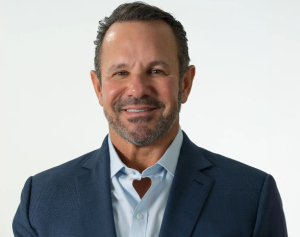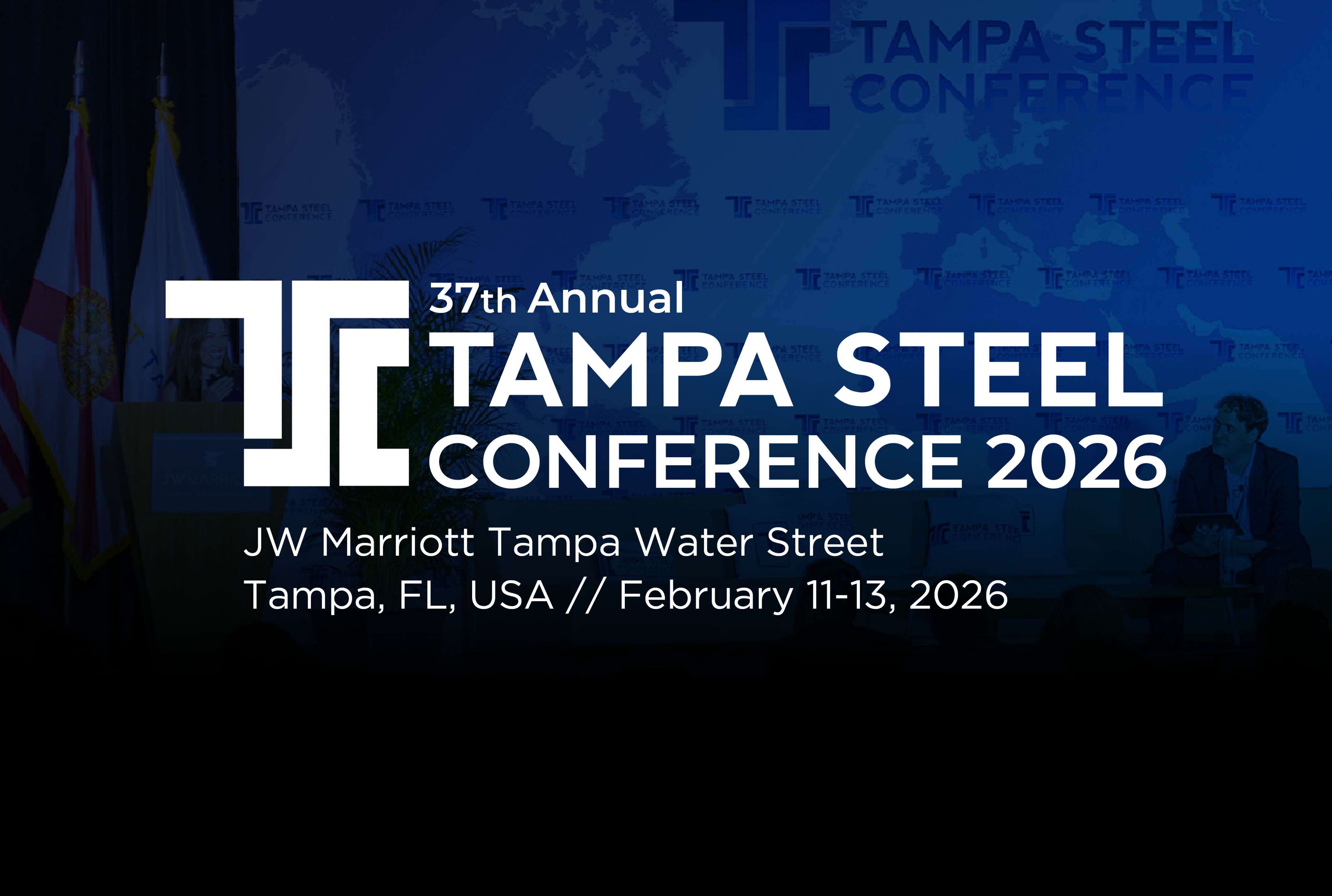Community Events
October 17, 2024
SMU Community Chat: Barry Zekelman champions domestic steel
Written by Laura Miller
Barry Zekelman, executive chairman and CEO of Zekelman Industries, joined SMU for another Community Chat on Wednesday.

SMU Managing Editor Michael Cowden led the conversation, with SMU Senior Analyst David Schollaert stepping in to pinch-hit for part of the call. Hundreds of SMU community members tuned in to listen and ask questions of the steel industry titan.
Zekelman is a long-time champion for domestic steel and manufacturing and recently launched a campaign of his own, “Demand Domestic.” He encourages pride in using domestically produced products in local projects to support American workers and their communities.
Read on for some highlights of Wednesday’s conversation.
Steel prices
Chicago-based Zekelman Industries is North America’s largest independent steel pipe and tube manufacturer and, thus, a huge consumer of hot-rolled steel substrates. This gives Zekelman a unique view of the hot-rolled sheet market.
Commenting on steel prices on the chat, Zekelman believes “steel’s going to trade in a fairly narrow band for the balance of this year and for most of next.” Prices shouldn’t get “too high or out of whack” but will still be “decently profitable for the mills,” he predicted.
He pointed out that greed can sometimes drive prices higher. If companies become arrogant about their pricing, it can invite import competition that can disrupt the market, he said.
“I want to see a trade in a healthy band range, where the mills can make money, where we can produce more domestic product, where we can take care of our customers, where we can take care of our teammates and our communities, and run our plants at an efficient rate,” he stated.
“And I think we’re going to trade in that healthy range for 2025,” he added.
Reshoring manufacturing
Zekelman expressed his continued concern about the growing trade imbalance with Mexico, primarily in the steel pipe and conduit sectors.
He was critical of US companies that have relocated manufacturing to Mexico solely to take advantage of lower costs rather than to serve the Mexican market.
Talking about the need for manufacturing to return to the US, Zekelman got fired up.
He lamented that General Motors, John Deere, and other steel consumers have moved manufacturing operations to Mexico to take advantage of cheaper labor, fewer environmental regulations, and lower taxes.
But if they’re selling the products they make into the US market, they should return to the US and employ Americans to make those products using American-made materials, he said heatedly.
The 2024 election
Zekelman noted that the US must provide a good business environment for manufacturing to return. He believes raising taxes will stifle investment; growing the tax base is needed, which means getting the companies to return here and putting more Americans to work.
Never one to shy away from politics, Zekelman wasn’t mum on who he’ll be voting for in next month’s presidential election: the candidate offering lower taxes and more business-friendly policies encouraging investment and expansion to boost domestic manufacturing.
He believes that if Republican nominee Donald Trump wins the election, his first order of business will be to bring manufacturing back here. He said that would be a great jumpstart regarding the economic engine the US desperately needs.
The chief executive drew an analogy, comparing political decisions to choosing a sports coach. Rather than focusing on party lines, he believes practical solutions to personal and national concerns are needed.
“I can tell you right now: If Trump wins, I’m more bullish. If Harris wins, I’m way more cautious,” he stated.
Bright spots in demand
Looking ahead to 2025, Zekelman commented on the demand outlook for various industries. He highlighted oil, gas, and solar as key growth areas driven by increasing energy demands.
Additionally, he mentioned steel-intensive mega-projects like data centers and AI-related technology infrastructure as bright spots for steel consumption.
An audience member prodded the executive for his thoughts on nuclear energy and small modular nuclear reactors (SMRs). Zekelman said he sees both opportunities and challenges with their adoption in the manufacturing industry.
One opportunity is the reliable, efficient, clean power SMRs can provide for large industrial power consumers.
He mentioned several challenges for SMRs, including overcoming the historical stigma around nuclear power related to waste and safety, the regulatory environment, and integrating the technology into existing facilities and processes.
Nucor’s investment in SMR technology should help demonstrate the potential benefits and will help scale it for use in other industries and other areas of the economy, he said.
“I think Nucor investing in NuScale is brilliant,” he commented. “I love what they’re doing, and I applaud it.”
There’s a lot more to the conversation with Barry. SMU subscribers can access a full replay of the chat on our website.
On Wednesday, Nov. 13, Timna Tanners, managing director of Wolfe Research, will join us for another Community Chat. Her popular talks are lively and incredibly informative, so be sure to tune in! You can register here.






